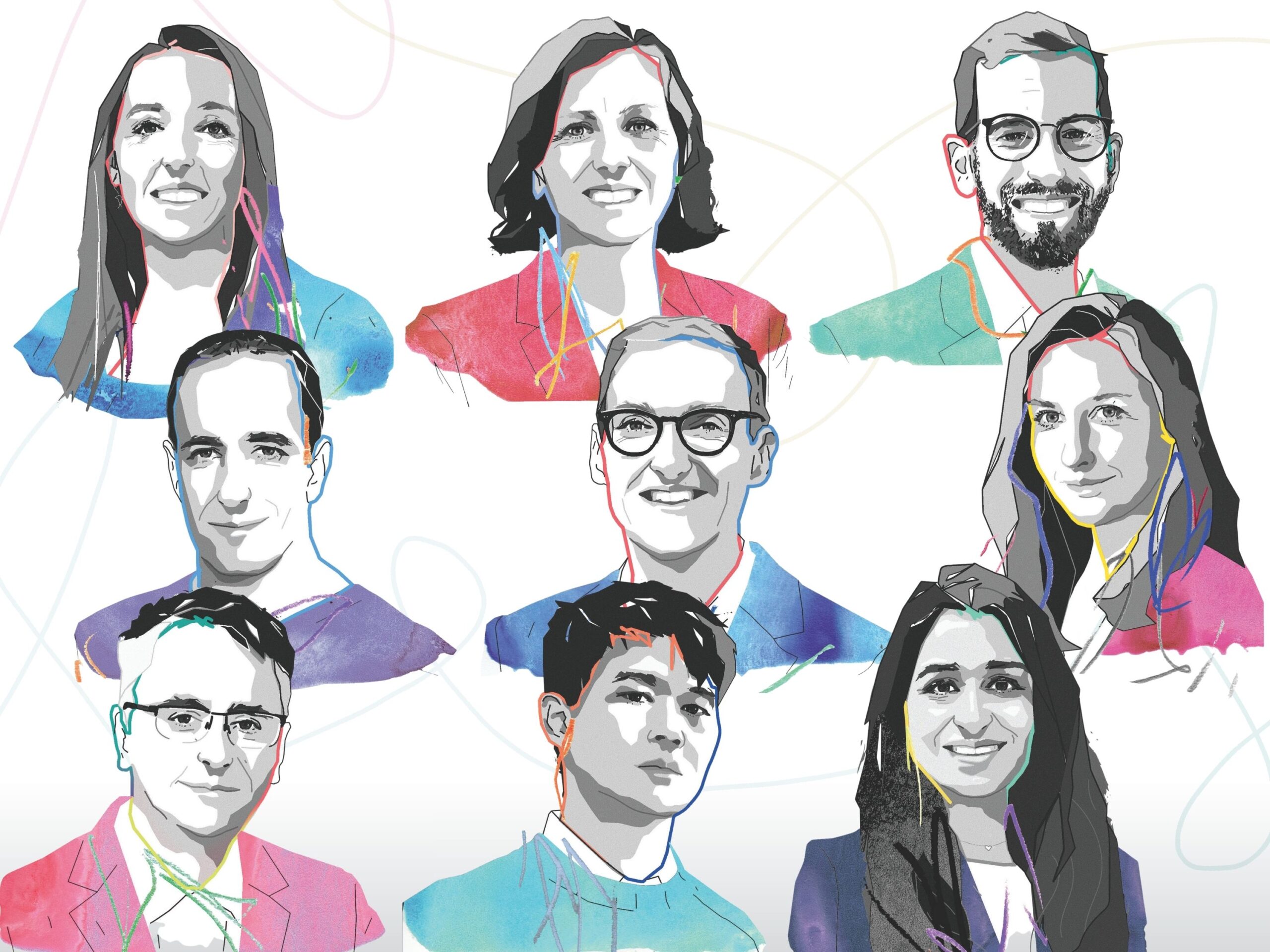
Ten new faculty raise the bar.
Written by Dale Whitaker
Art by Paddy Mills
Texas Law welcomes a record number of new faculty for the 2025–26 academic year. The 10 new teachers and scholars bring impressive credentials, vast experience, and wide-ranging expertise to the intellectual life of the school.
“Our world-class faculty is getting even bigger and better this year,” says Dean Bobby Chesney. “We’re adding to our depth, range, and excellence in timely and important areas of the law. This is fantastic for everybody—especially our students.”
Among the newest faculty members, six are joining the research faculty, including four senior scholars and two early-career rising stars; two are lecturers, one from the adjunct ranks and one a former visiting instructor; and two are academic fellows.
“This is an incredible variety of talents,” says Melissa Wasserman, Texas Law’s associate dean for research. “Each one is doing important work that will enrich our learning and research environment.”
Meet the newest brilliant legal minds whose teaching and work are shaping the ever-evolving legal landscape of the 21st century here at Texas Law.

Lauren Tanner Bradley ’08
Lecturer
For Lauren Tanner Bradley ’08, Townes Hall is familiar territory. She is a proud alumna, Order of the Coif, who served as notes editor of the Texas Law Review. “My experience as a student at Texas Law profoundly influenced my legal career, and I’m looking forward to paying it forward to the next generation,” says Bradley.
Bradley, who stepped in last spring as an adjunct to teach an advanced writing course, returns this fall as a full-time lecturer with the David J. Beck Center for Legal Research, Writing and Appellate Advocacy. A former U.S. Attorney for the Western District of Texas and the Eastern District of Kentucky, Bradley also clerked for the Honorable William Garwood in the U.S. Court of Appeals for the Fifth Circuit.
She earned her bachelor’s degree from Harvard University, where she was a varsity softball player and was an All-American Scholar-Athlete.
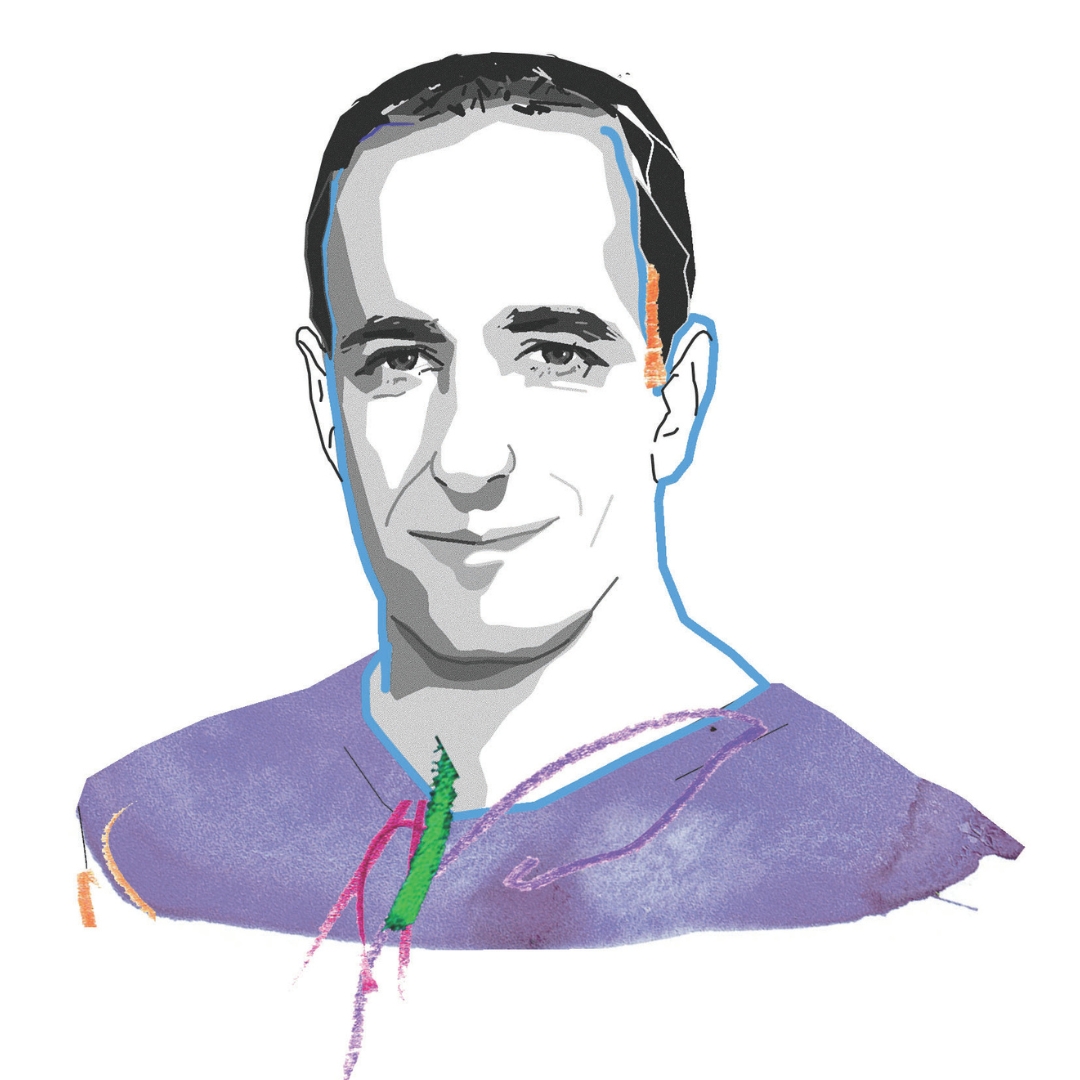
Avihay Dorfman
Professor
Avihay Dorfman joins the faculty from Tel Aviv University, relocating more than 11,000 miles to do so. Dorfman researches and teaches on the theoretical foundations of law, including private law, the private/public distinction, and theories of political legitimation. A prolific author, Dorfman published two books in 2024: a legal theory book, Reclaiming the Public, and a book he co-authored, Relational Justice: A Theory of Private Law.
In making the international move, Dorfman is eager to help build out a Private Law theory program at the law school, and especially is looking forward to “the opportunity to join and contribute to an intellectually vibrant community of highly engaged scholars.”
Dorfman, who earned both a JSD and an LLM from Yale Law School and has his BA and LLB from Haifa University in Israel, clerked for the Honorable Aharon Barak, then the chief justice of the Supreme Court of Israel.
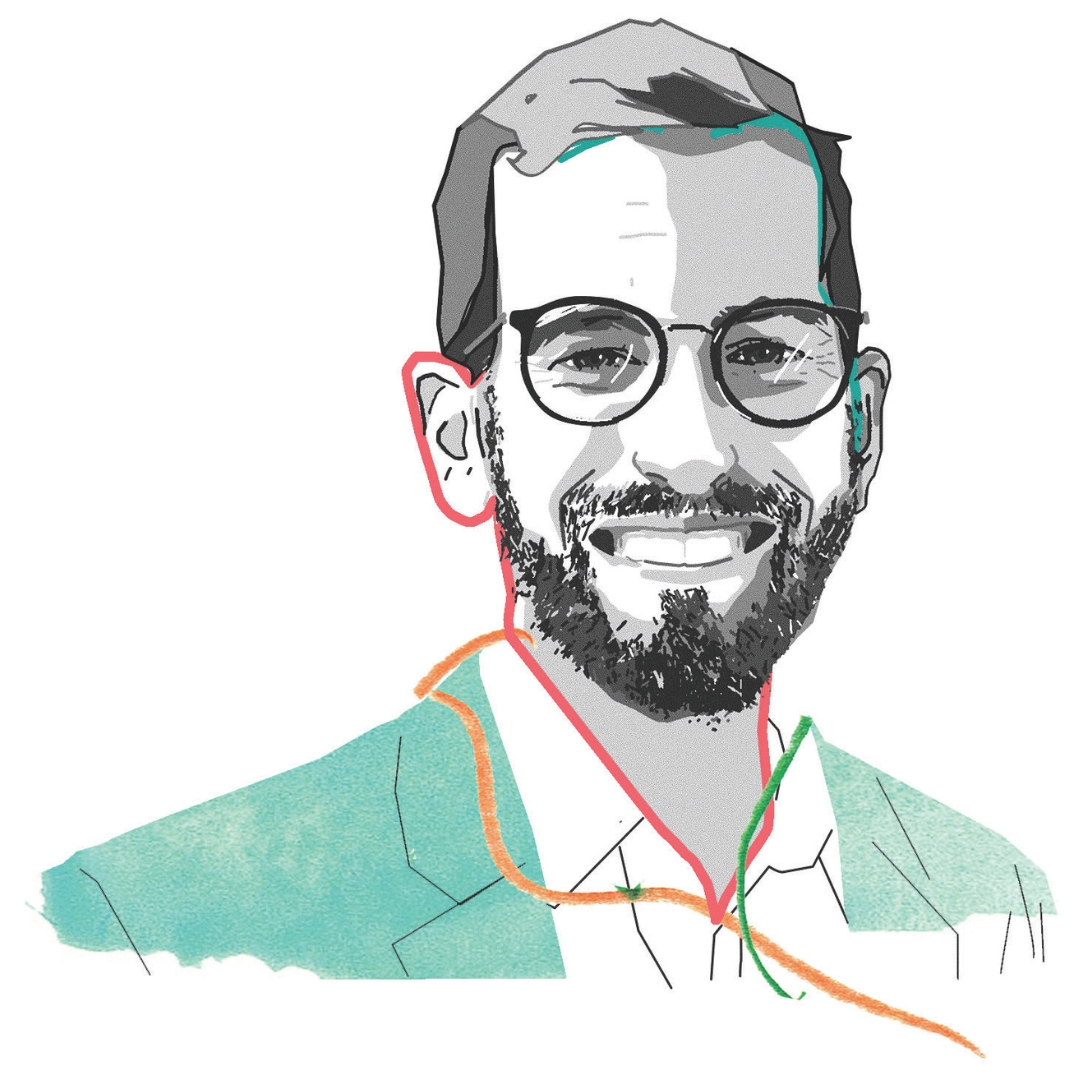
Kevin Frazier
AI Innovation and Law Fellow
Kevin Frazier leads Texas Law’s AI Innovation and Law Program, a new initiative serving as a focal point for the growing array of AI-related activities at Texas Law, while also contributing to the national dialogue around AI.
His research explores the intersection of emerging technology, consumer protection, and individual liberty. His articles have appeared in academic journals and popular outlets such as the Regulatory Review, Reason, and Lawfare, where he serves as a senior editor and co-hosts Texas Law’s AI podcast, “Scaling Laws.”
Frazier previously taught at St. Thomas University’s Benjamin L. Crump College of Law and for the past two years was a senior researcher at the Institute for Law & AI, a think tank in Boston, MA.
“If you’re in Austin, then you’re committed to progress and innovation,” Frazier says. “It presents us all with a meaningful chance to make a real difference in shaping the future of Austin, Texas, the U.S., and beyond.”
He has a JD from the UC Berkeley School of Law, an MPA from the Harvard Kennedy School, and a BS from the University of Oregon.
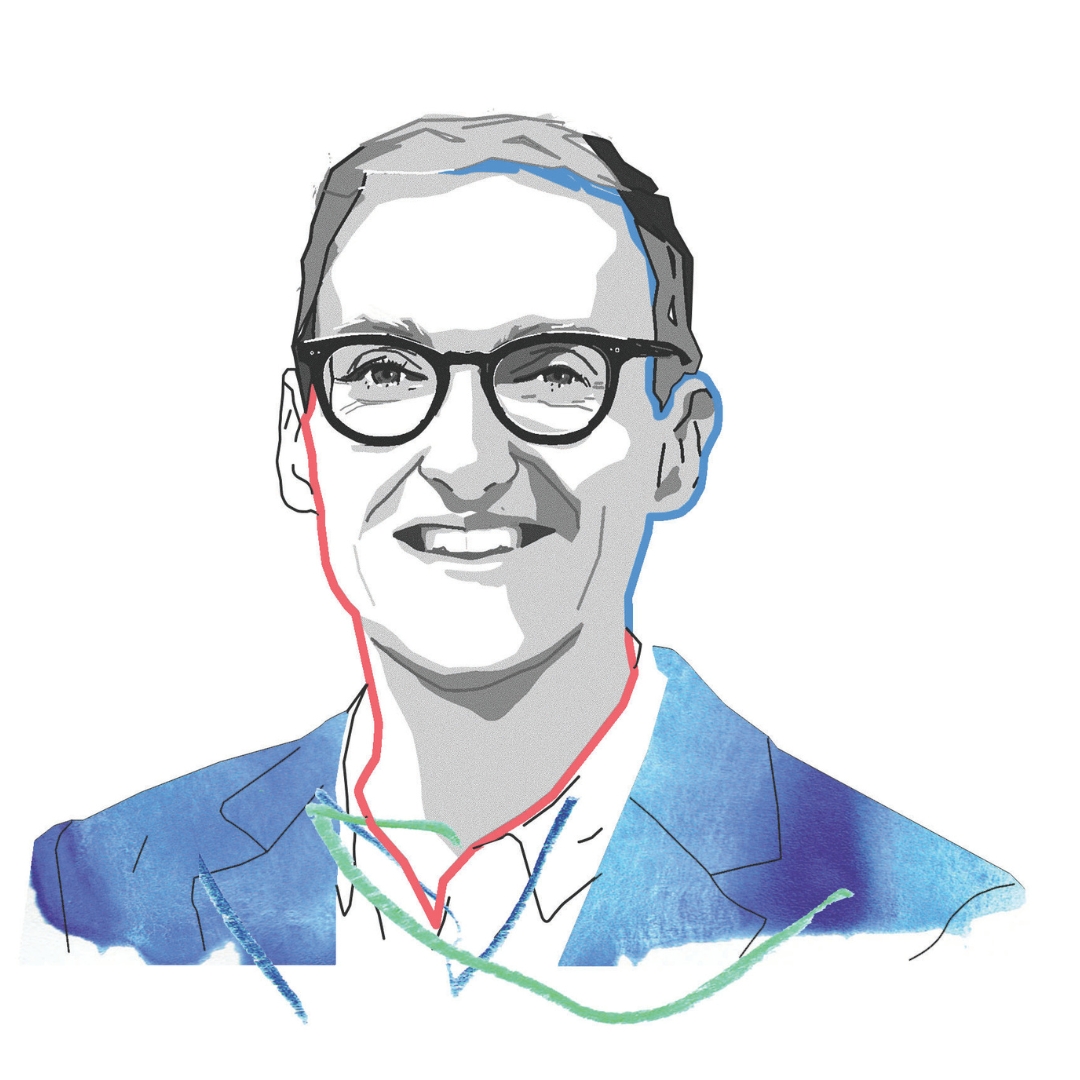
Paul Gugliuzza
Professor
Paul Gugliuzza is an award-winning scholar and teacher in the fields of civil procedure, federal courts, and intellectual property law. He is slated to teach Introduction to Intellectual Property, Patent Law, and a law and technology colloquium.
Gugliuzza comes to the Lone Star State after teaching at Temple University School of Law and Boston University’s law school—where he received the Dean’s Award in recognition of his teaching—and the University of Florida’s Levin College of Law.
In addition to being a frequently published author and contributor to national publications, Gugliuzza has testified before both the U.S. Senate and the U.S. House of Representatives, and his scholarship has been cited in over 20 judicial opinions.
He specifically is excited to “teach some Lawhorns,” says Gugliuzza. “Texas Law is a powerhouse school at a top-flight university in an amazing city. The faculty is among the most highly respected in the entire country, particularly in my field of intellectual property law.”
Gugliuzza graduated from Tulane University School of Law, then clerked for Judge Ronald M. Gould on the U.S. Court of Appeals for the Ninth Circuit. Although he did his undergraduate work at the University of Oklahoma, Gugliuzza is quick to note that he much prefers burnt orange over crimson.
Texas Law is a powerhouse school at a top-flight university in an amazing city.
Paul Gugliuzza, Professor
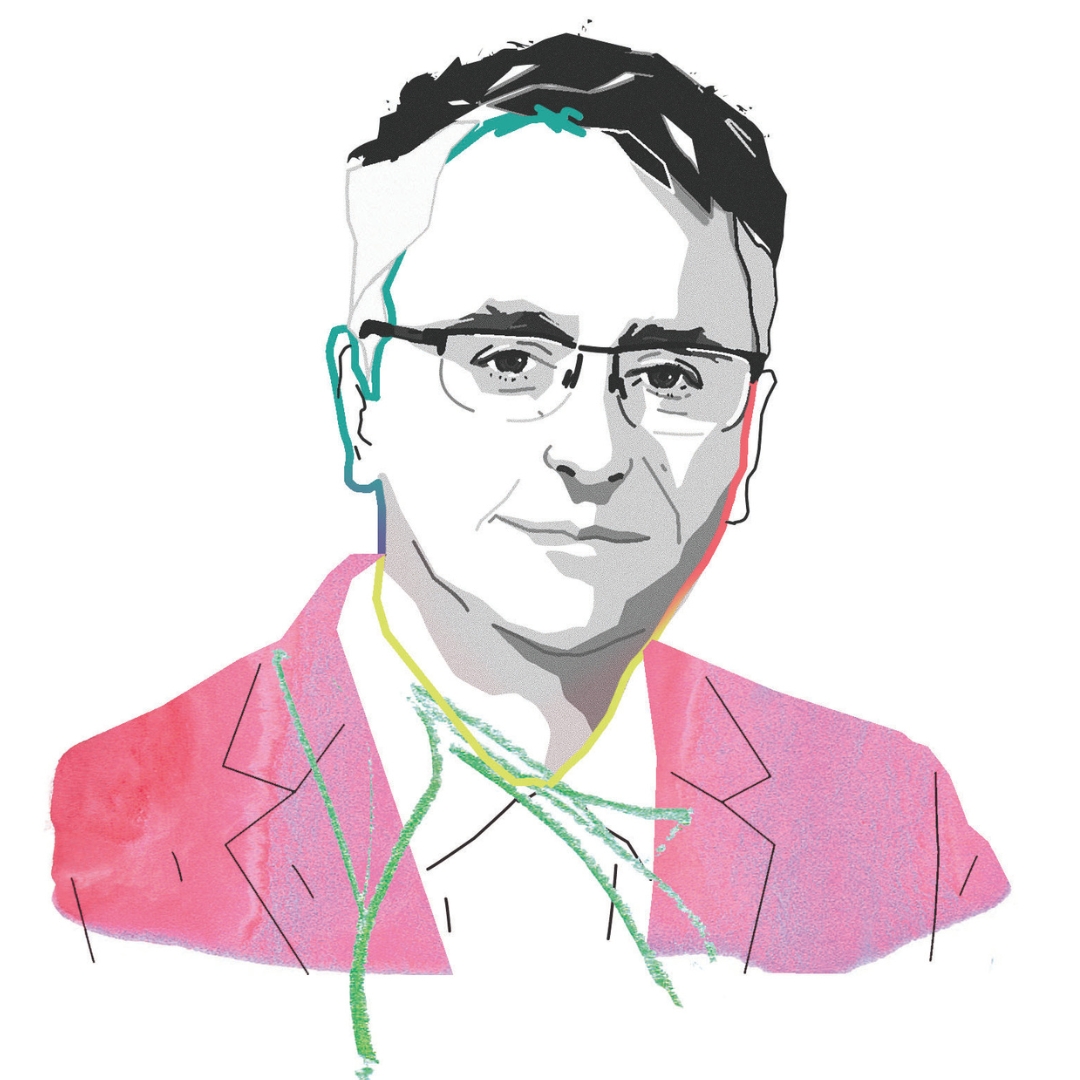
Christopher Kulander
Senior Lecturer
Christopher Kulander, a prominent expert in oil and gas law, joins Texas Law not only as a senior lecturer, but also serving as academic director with the university’s Kay Bailey Hutchison Energy Center. He is a co-author with the recently-retired and much-admired Professor Owen L. Anderson of the casebook, Cases on Minerals and Oil and Gas Law.
A former geophysicist, Kulander spent a decade as professor at the South Texas College of Law Houston, where he also served as director of the school’s Oil & Gas Law Institute. He is an international lecturer at Vytautas Magnus University in Lithuania, as well. Kulander effuses with excitement about joining Texas Law. “To borrow an expression from baseball, the faculty here is a veritable ‘Murderers’ Row’ of powerhouse academics,” says Kulander. “To be a part of that juggernaut is both daunting and exhilarating.”
In addition to energy law, Kulander has written and published on land use control, American Indian law, geology, and petroleum seismology. He received his JD from the University of Oklahoma, his PhD in geophysics from Texas A&M University, and both a BS and MS in geology from Wright State University.
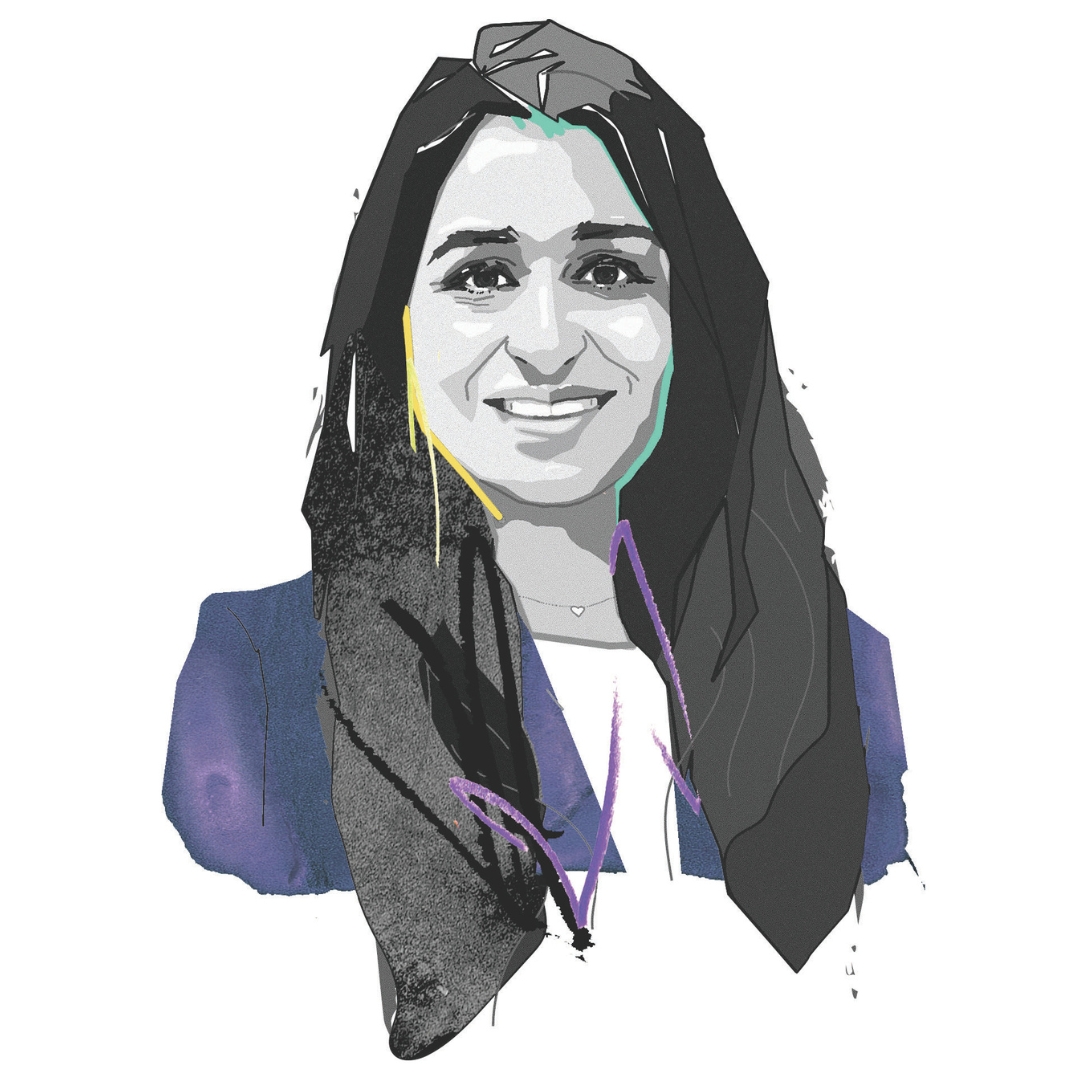
Prachi Mehta
Academic Fellow
Prachi Mehta is the first fellow appointed to Texas Law’s recently launched Academic Fellowships program, supporting emerging scholars who aspire to join the legal academy as tenure-track faculty members. As an academic fellow and visiting lecturer, Mehta will be developing a patents-focused research agenda and will teach a seminar on patent and drug law.
“Texas Law is an extraordinary law school,” says Mehta. “With its visionary faculty, collegial environment, and deep investment in both student and faculty success, it is truly the best place to study the law.”
From 2016 to 2017, Mehta clerked for Magistrate Judge K. Nicole Mitchell of the U.S. District Court for the Eastern District of Texas in Tyler and practiced at Winston & Strawn in Chicago both before and after her clerkship. She later worked as a litigation associate at firms in Redwood City, California, and opened her own practice in 2022.
Mehta earned her BA from UCLA and JD from the University of Illinois at Urbana-Champaign College of Law.
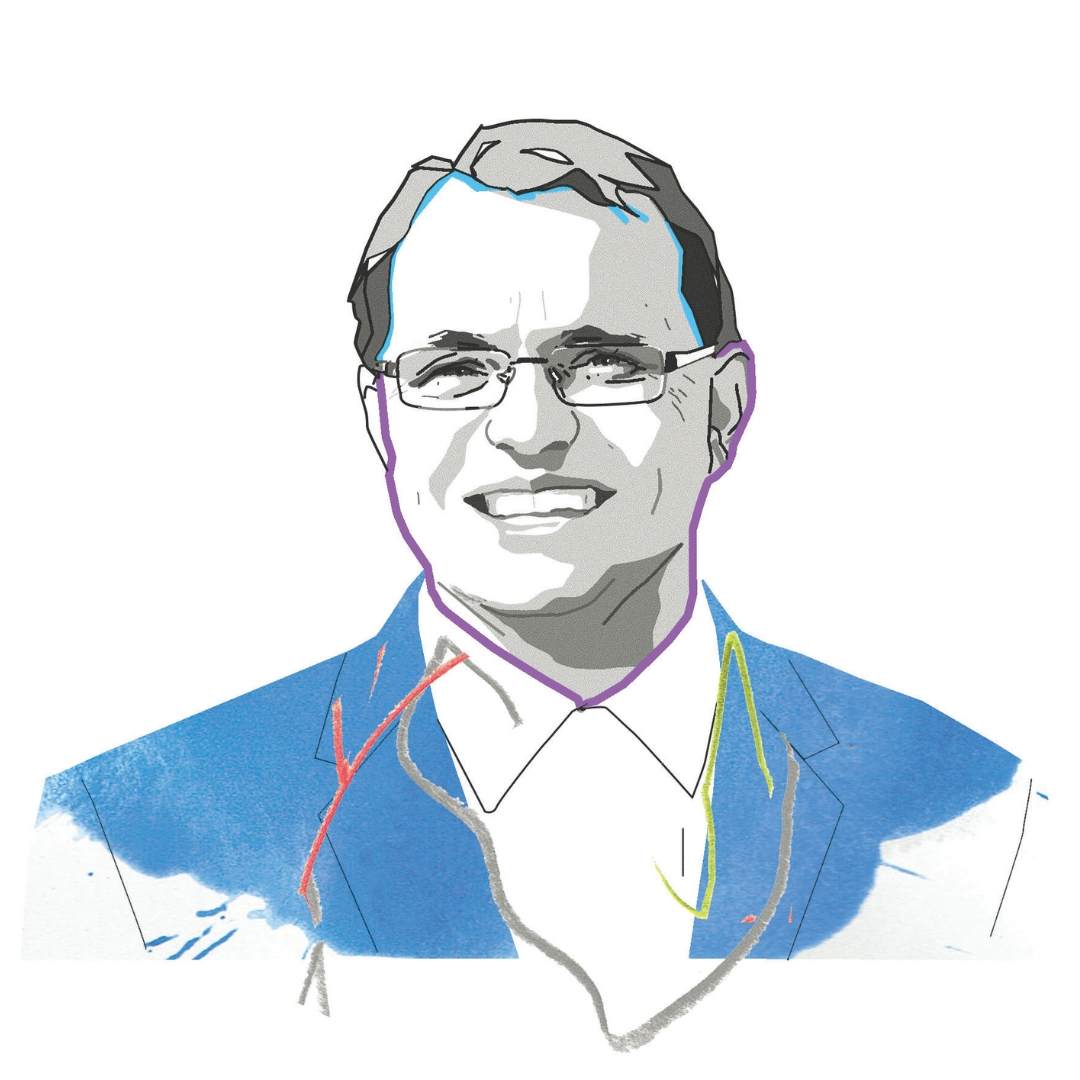
Aaron Nielson
Professor
Aaron Nielson joins the research faculty following a two-year commitment as the solicitor general for the state of Texas. Nielson previously taught as adjunct faculty at Texas Law and—prior to his term as solicitor general—at BYU Law. Through both law practice and academic pursuits, Nielson has honed his scholarship and teaching in administrative law, civil procedure, and federal courts.
Expanding our faculty roster of former U.S. Supreme Court clerks, Nielson clerked for Justice Samuel Alito, as well as for Judge Janice Rogers Brown of the U.S. Court of Appeals for the D.C. Circuit and Judge Jerry E. Smith of the U.S. Court of Appeals for the Fifth Circuit.
“I’m excited to work with Texas Law students. As Solicitor General of Texas, I had the opportunity to teach and employ its students as interns,” says Nielson. “They are a great group.”
Nielson received his JD from Harvard Law School and an LLM from the University of Cambridge, where he focused his studies on the institutions that regulate global competition and commerce. He received his undergraduate degree from the University of Pennsylvania, majoring in economics and political science.
I’m excited to work with Texas Law students. They are a great group.
Aaron Nielson
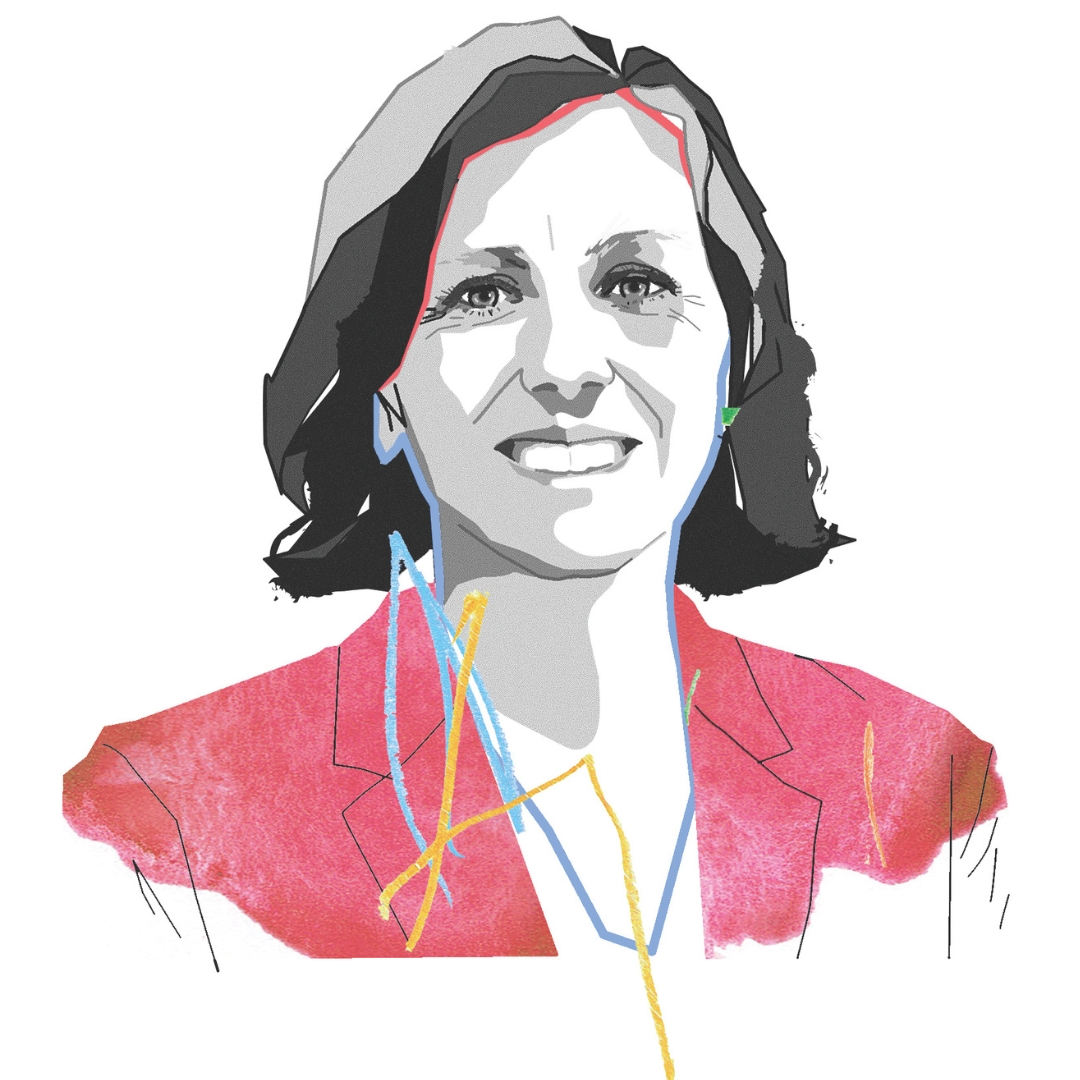
Rachel Rebouché
Professor
A leading scholar in reproductive health law and family law, Rachel Rebouché comes to Texas Law after four years as the dean of the Temple University Beasley School of Law. Previously, she was the associate dean for research there, as well as a faculty fellow at Temple’s Center for Public Health Law Research.
Rebouché has authored and edited multiple books, articles, and essays, including casebooks on family law. She served as a co-investigator on two grant-funded research projects related to reproductive health, one housed at the Emory University Rollins School of Public Health and another funded by the World Health Organization.
Rebouché received her JD from Harvard Law School, an LLM from Queen’s University, Belfast, and a BA from Trinity University. Prior to law school, she worked as a researcher for the Northern Ireland Human Rights Commission and the Human Rights Centre at Queen’s University. After law school, Rebouché clerked for Justice Kate O’Regan on the Constitutional Court of South Africa and practiced law in Washington, D.C.
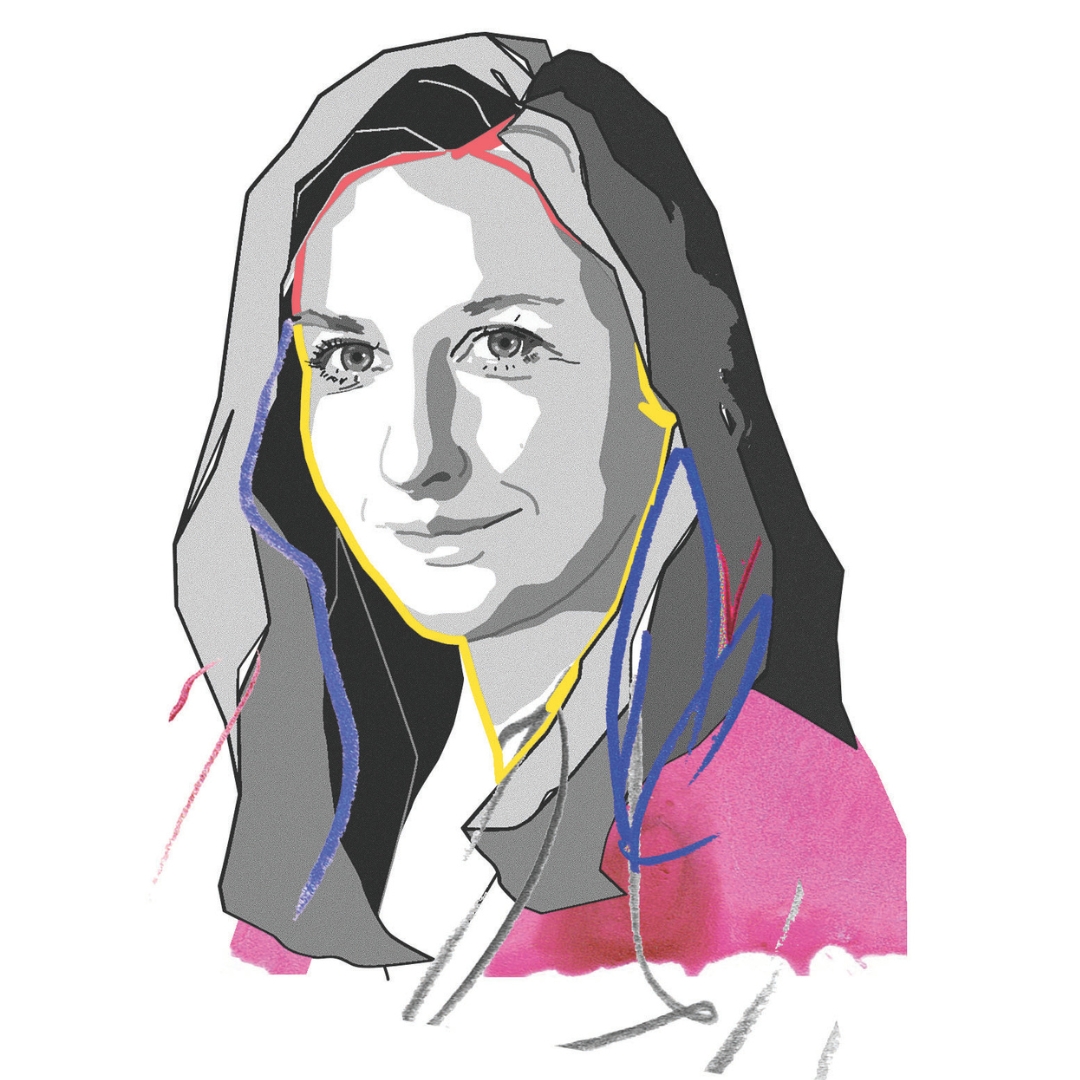
Susan Yorke
Assistant Professor
Susan Yorke studies the interplay between procedure and appellate decision-making. Her research looks at how courts interpret and use precedent, as well as the ways in which court procedure and methodology impact judicial opinions and institutional integrity.
Yorke, who will be teaching Torts this year, joins Texas Law after having served as a lecturer at Stanford University Law School and at Berkeley Law.
“The talented and kind student body and exceptional faculty drew me to Texas Law,” explains Yorke. “My sense is that the school fosters achievement at the highest levels among both students and professors, while at the same time maintaining a collaborative and welcoming atmosphere.” And she notes, “the great tacos around town didn’t hurt either!”
Yorke earned her JD from Columbia Law School, her MPA from Princeton University, and her BA from Williams College. Upon graduating law school, Yorke served as court counsel to the Supreme Court of the Republic of Palau and clerked for Judges Susan P. Graber and Edward Leavy of the U.S. Court of Appeals for the Ninth Circuit.
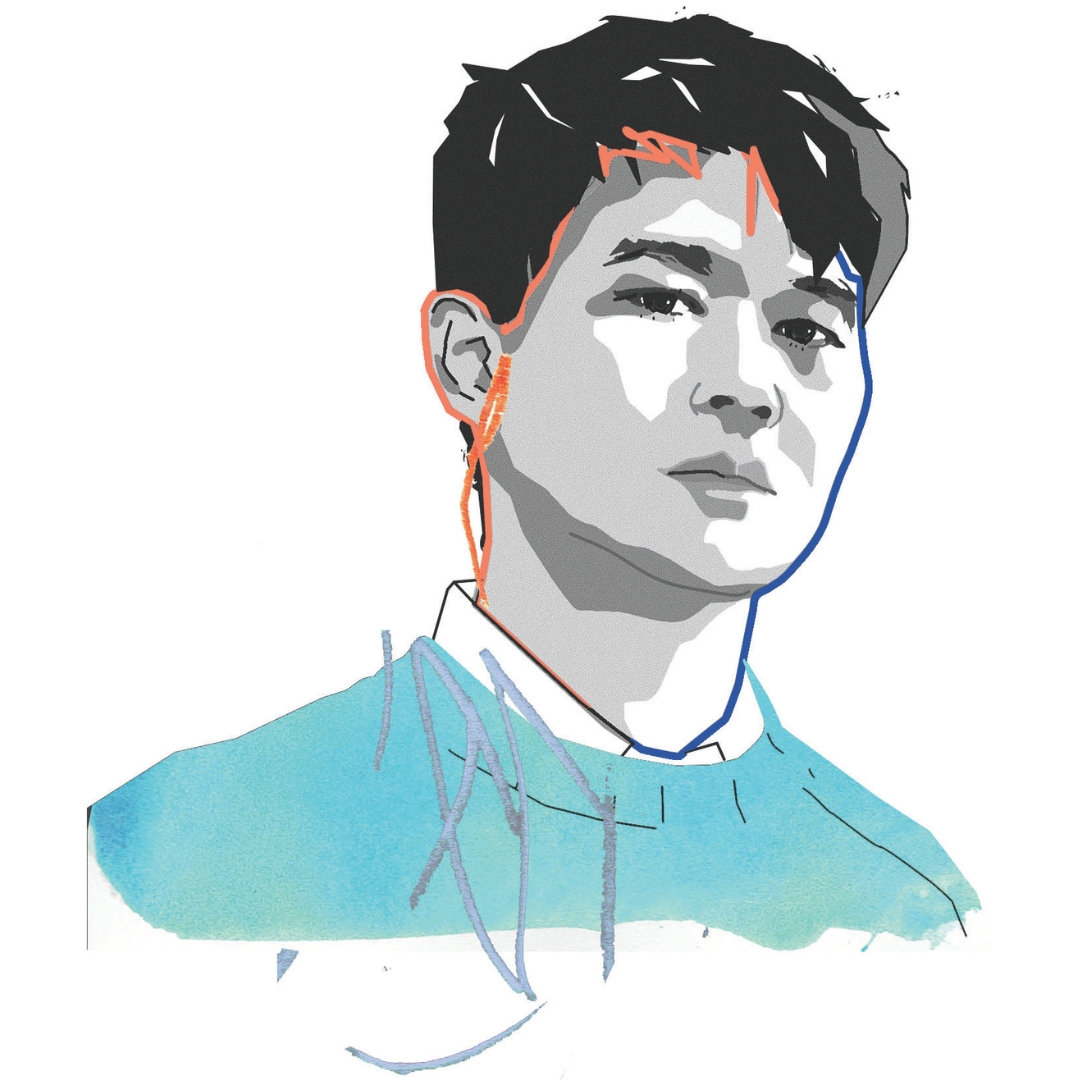
Alexander Zhang
Assistant Professor
Alexander Zhang is a historian of law, politics, and culture in the United States as well as a theorist of legislation, statutory interpretation, and race. He will be teaching classes on legislation and statutory interpretation, contracts for 1Ls, and a seminar on Asian Americans and the law.
“I was excited about the opportunity to build Texas Law into a national leader in the field of legislation, to serve students who are often deeply eager to engage with state legal communities, and to be surrounded by faculty colleagues full of generosity and courage,” he says.
Zhang, who earned a JD from Yale Law School, served as a law clerk to Chief Judge David J. Barron of the U.S. Court of Appeals for the First Circuit. He has a MPhil in history, BA and MA in American Studies, and currently is a PhD candidate in history at Yale.
